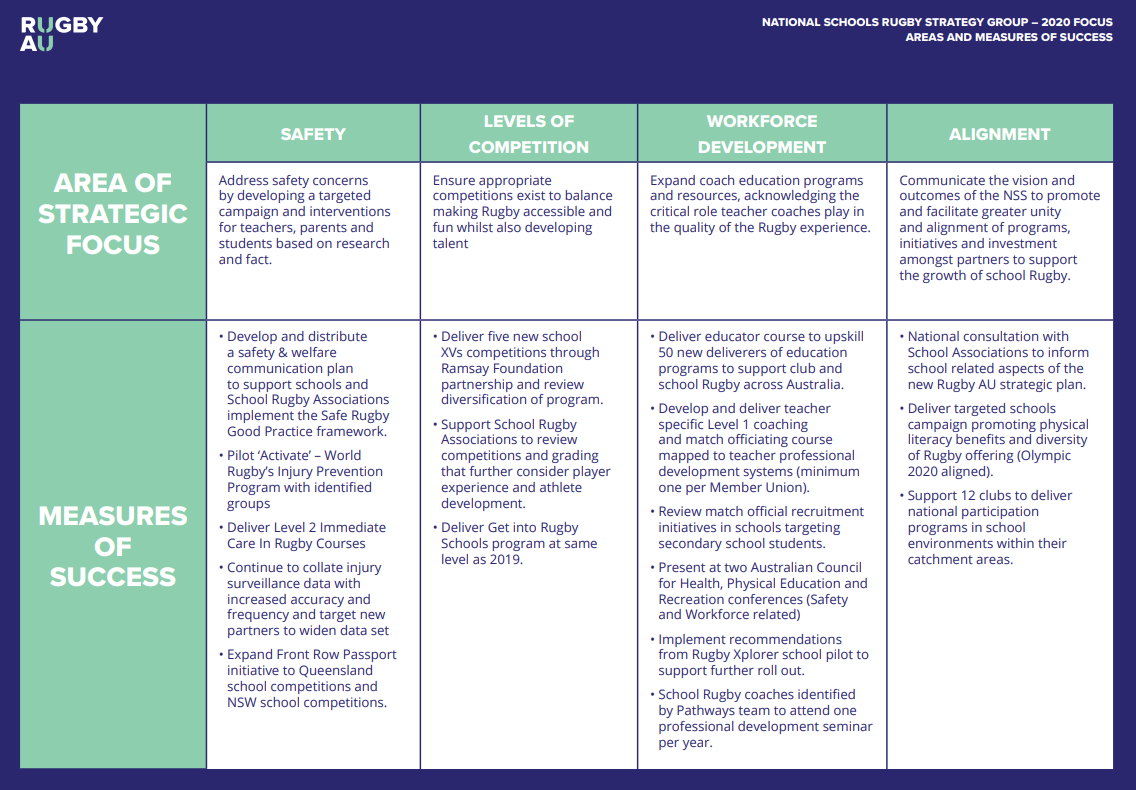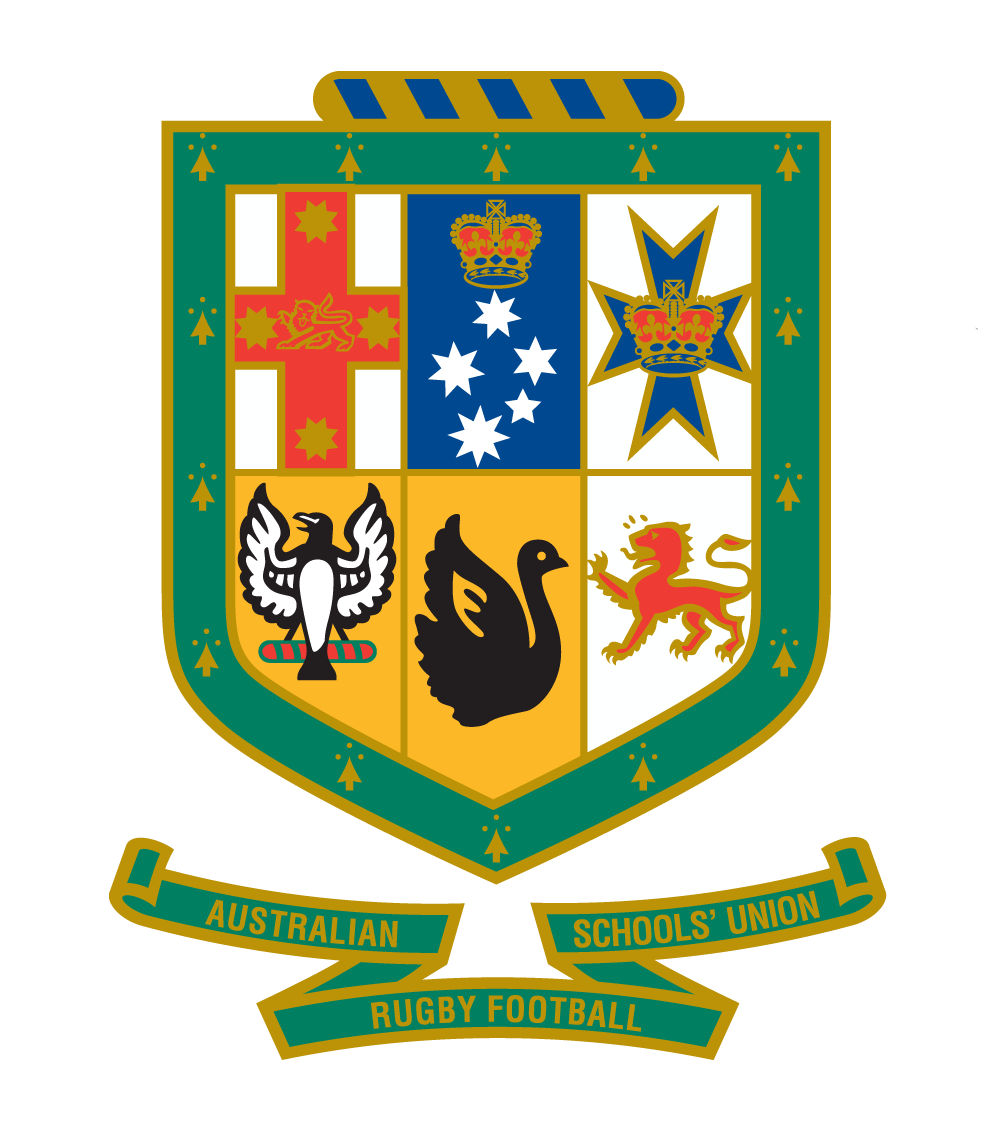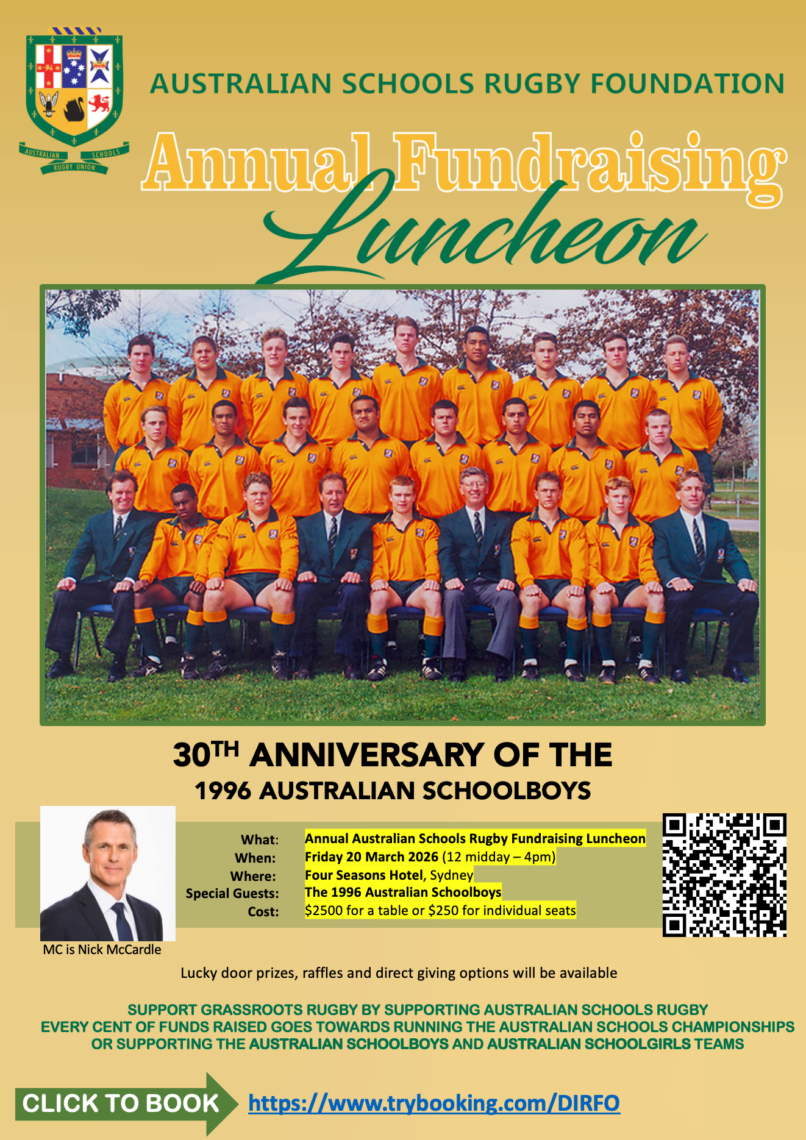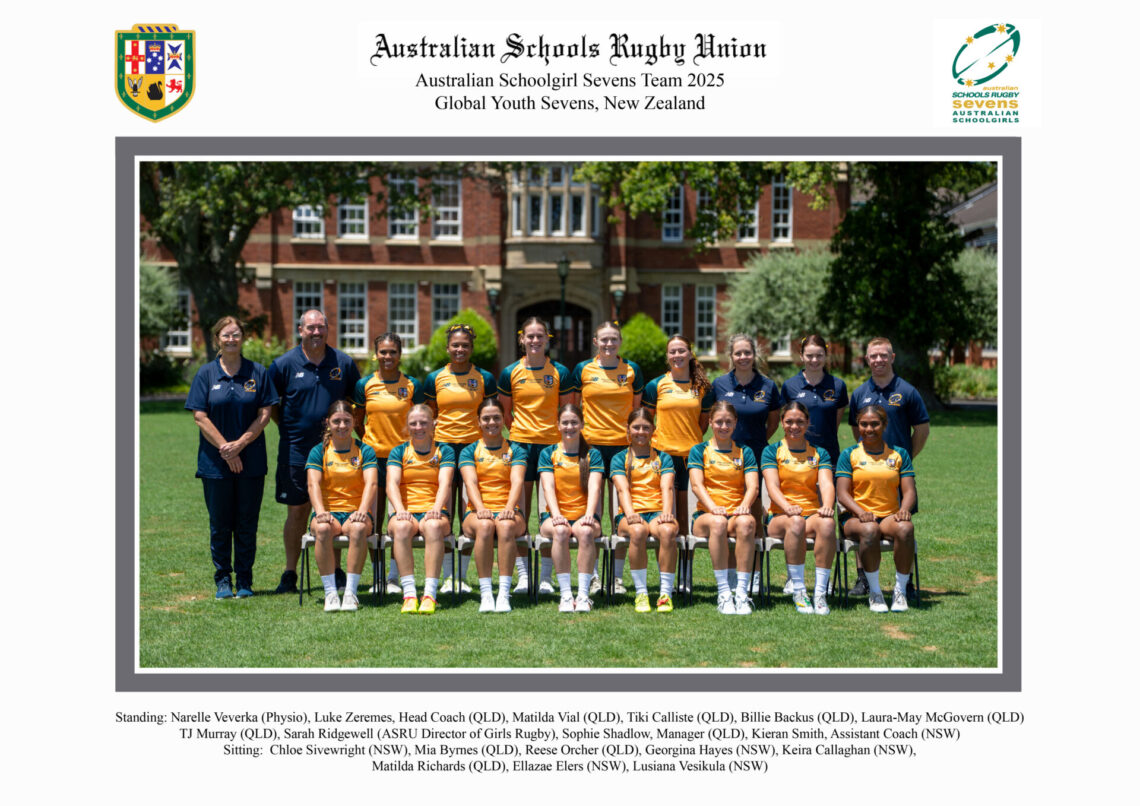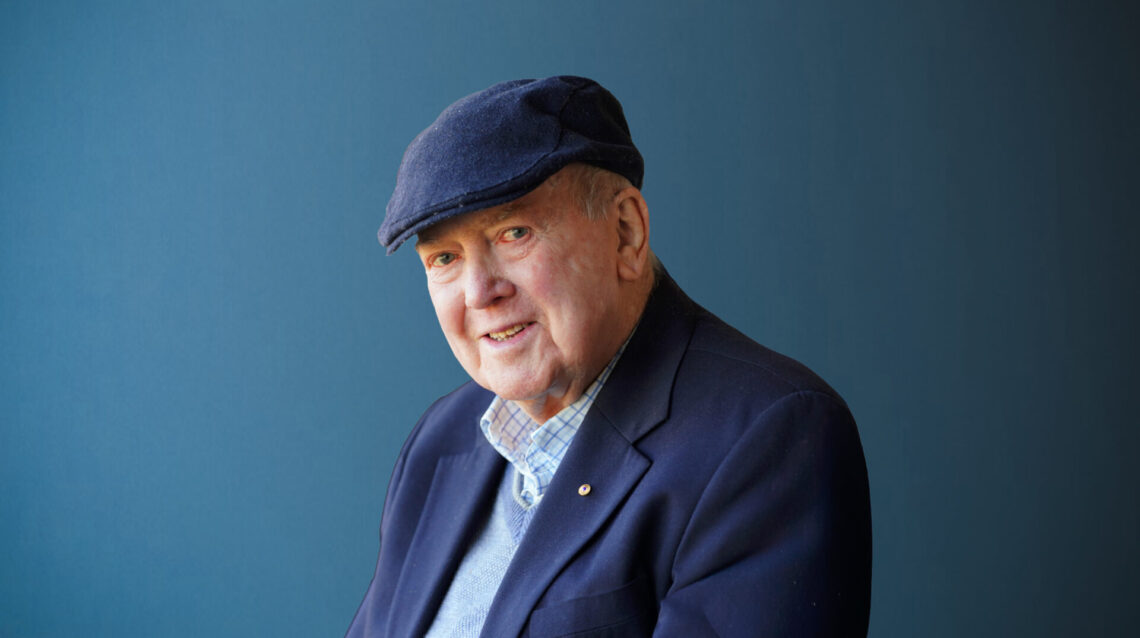
Rugby Australia has released their Focus Areas and Key Measures of Success for schools rugby in 2020. The plan has been developed largely through consultation with the National Schools Rugby Strategy (NSS) group following meetings in late 2019 along with stakeholders in the wider schools landscape.
The document features a number of new developments which will enhance the schools rugby landscape in 2020 and beyond.
The NSS was established in 2017 to, “Build a national plan for the game at school’s level for boys and girls that recognises, supports, grows and capitalises on the significant impact school’s rugby has on the Australian rugby landscape; whilst recognising and appreciating the independence of schools within the Australian rugby system.”
It has been chaired by 31 Test Wallaby & current Rugby Australia Chairman, Paul McLean. Alongside him are other relevant RA staff and schools rugby personnel.
Two Australian Schools Rugby Union (ASRU) committee members, Damien Barker (Senior Vice President) and Libby Nankivell (Secretary) sit on the panel.
Some of the key focus areas for 2020 include:
- Address safety concerns
- ensure a balance of accessibility & fun with talent development
- Further coaches education programs particularly for Teacher-Coaches
One of the most interesting new initiatives is the planned introduction of five new XVs competitions that target non-traditional rugby schools with the goal of growing the game and untapping talent.

This is will be largely funded by a partnership with the Paul Ramsay Foundation – rugby grant.
As reported by the Sydney Morning Herald in January the foundation will plow $1.75 million into clubs and public, Catholic, Anglican and independent high schools in NSW and Queensland over a five-year period.
2019 was the first year of competitions being funded by the foundation and 465 boys participated. That number is set to greatly increase in 2020.
“It has been an overwhelming success for us (so far), just massive,” Darling Downs Super 6 (one of the competitions launched in 2019) co-ordinator Steve Coren said.
Also on the agenda in 2020 is a further roll-out of ‘Front Row Passports’.
Developed in France, players wanting to play in the front row must first be assessed to see if “possess the physical, skill and motor competencies” to take on the role.
The system was trailed in the Queensland GPS competition last year across the Opens, and in under 16s at As and Bs levels following the devastation of four major neck injuries in 2018.
In 2020, RA hopes to further expand this in Queensland and NSW schools.
Also, in a win for teachers plans are in place to deliver teacher specific Level 1 coaching and match officiating course mapped to teacher professional development systems.
Given the high quantity of teachers coaching within schools this course will be shaped around the needs – in turn creating better results for students and their educators alike.
Implementation

Much of the work Rugby Australia has put forward is well underway and they will work in partnership with relevant stakeholders to ensure the measures of success are achieved this year.
RA has also unanimously agreed that there needs to be closer engagement locally, with an increased emphasis on direct school/association communication and decision making at a Member Union (State/Territory) level.
Rugby Australia is currently starting work with Member Unions to decide what this looks like to cater for the varying school Rugby landscapes.
Similarly, ASRU will continue to work with both member unions and schools sports organisation in 2020 as they have since 1971, to develop players and coaches in schools.
